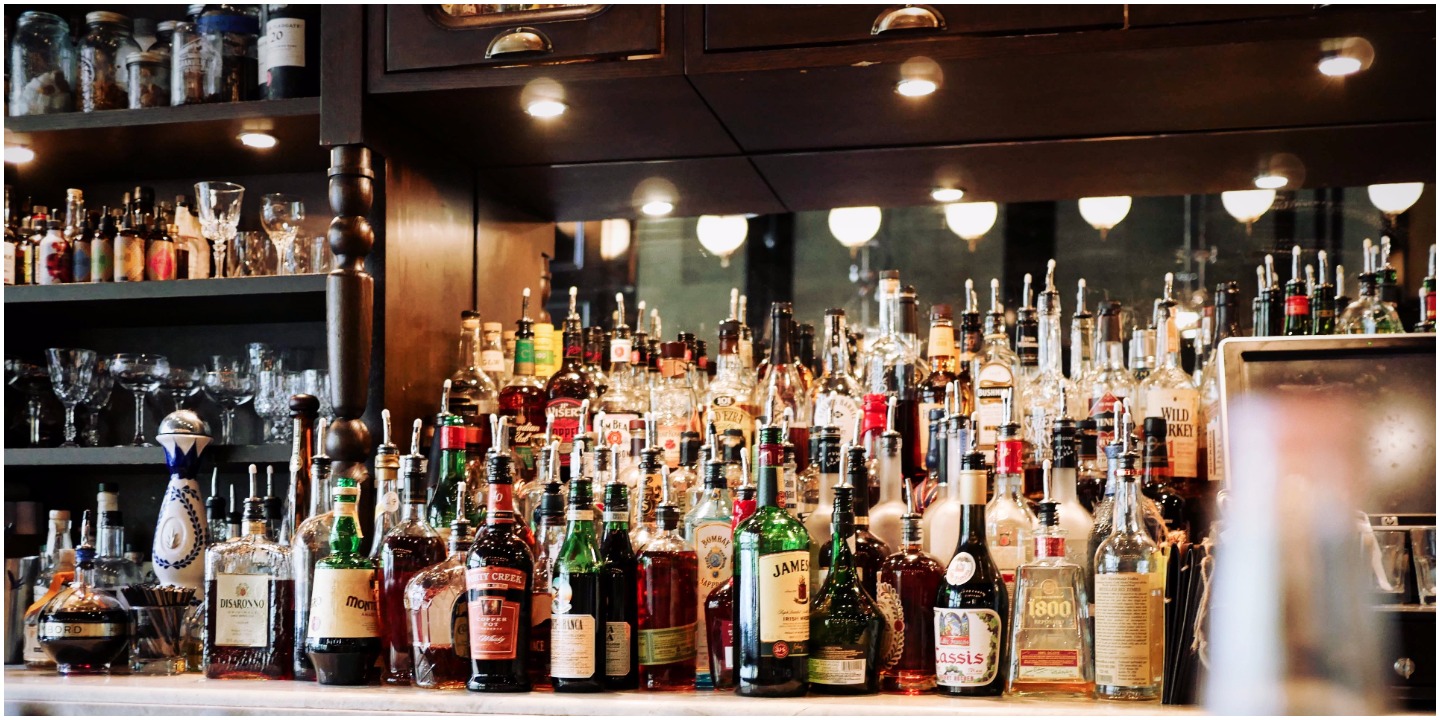From whisky bluff to whisky buff: a quick guide to the whisky terms you should know.
Uncategorized
If you’ve found your way to this page, then we’re going to assume that you’re familiar with at least a few whisky terms; you probably know your blends from your single malts, your Scotch from your bourbon and the difference between whisky and whiskey.
But, if you find yourself nodding and taking long sips of whisky when terms like cask strength, floor malting or chill filtration are used in conversation, then this is the guide for you. It’s not going to make you look like an expert just yet, but it’ll certainly help you on your way.
The Whisky Foundation Guide to Whisky Terms
Angel’s Share
In a nutshell, it’s the amount of alcohol that evaporates from a cask as whisky matures. If you’ve never heard of this before, it might upset you to know that every year, thousands of litres of whisky are lost to evaporation. There must be some pretty tipsy angels somewhere…
Cask
Here’s an easy one. A cask is simply the barrel that the whisky sits in as it matures. It has a huge effect on the flavour, character and colour of the whisky too. (If you’d like to find out more, we’ve written a much more detailed explanation of the effect casks have on whisky. Check it out.)
Cask strength
No prizes for guessing what this one means. The whisky is bottled at the strength that it comes out of the cask – to put another way, the whisky hasn’t been diluted. This is standard practice for most independent bottlers, while distilleries tend to dilute their whiskies to around 40% ABV for consistency (and definitely, absolutely, in-no-way related to improving profit margins.)
Cask finish
Another one where the clue is in the name: cask finish refers to a whisky that has been transferred from the primary barrel to a second (and sometimes even third) barrel for extra maturation. You’ll often see independent bottlings referred to as sherry cask – these are whiskies that have matured in a sherry cask for some period, giving them a sweeter finish. (If you’ve not tried a sherry finished IB, you’ve not lived. Here are a few of our favourites.)
Chill filtration
Put simply, chill filtration is a process that removes the esters, proteins and fatty acids from whisky to give it consistency and make it aesthetically pleasing. (Since when was a glass of any whisky not a sight to behold?)
You can get a thorough understanding of the process from one of our previous posts, but this is one of those terms with which, it’s not enough to simply know what the word means. You need an opinion on it. There can be no sitting on the fence when it comes to chill filtration, at least not in most whisky drinking circles.
Dram
Ask a whisky buff and they’ll say that it’s the Scottish term for a measure of whisky that stems from ‘Drachma’, the Greek word for sixty grains (the equivalent of an eighth of an ounce.)
Really, it’s just a fancy way of saying a measure of whisky.
Expression
Another one of those whisky terms that just a tiny bit pretentious, it’s pretty much just another way to say a different whisky from a particular brand or distillery.
This one’s easier to read in a sentence:
The Signatory 20 Year Sherry Cask is a fantastic expression from Glenlivet.[JB1]
That’s it.
Malting
This is one of those technical terms used in the whisky-making process. All it really refers to is the process that converts barley into sugar. That sugar then becomes glorious alcohol when it ferments, which in turn becomes whisky. The malting process soaks the barley in warm water and lets it germinate, which produces that sweet sugary goodness.
Original Distillery Bottling (OB)
This is one of those terms that you don’t hear used very much, but bear with us – it’s important to get to grips with OBs so that you can understand how it differs from an independent bottling.
OBs are whiskies that are bottled directly for the distillery and aren’t sold on to any other bottler or private companies.
Your garden variety Scotches are usually OBs.
Independent Bottling (IB)
Yes, we know. We’ve broken the alphabetical order and it’s incredibly frustrating. But it’s for a reason. (Well, two actually.)
Firstly, it’s much easier to understand what independent bottlings are once you know what an original distillery bottling is.
Secondly, we wanted to save the best for last.
An independent bottling is a whisky that has been bought from a distillery and is bottled by an independent bottler. That’s the most basic explanation.
But it goes beyond that.
Independent bottlers don’t just buy casks from distilleries, take them to their warehouses and bottle them. Oh no. These independent bottlers decide how they want to experiment with the cask in question. They control everything, from the maturation time and temperature of the warehouse to the type of cask and whether they’ll re-cask it again.
Because of that, these expressions (there it is in another sentence) are completely unique. They’re unlike whiskies you’ve tasted before – they’re bold and experimental, and no two casks are ever the same.
Plus, it’s a rare treat. Once the cask runs out, that whisky is gone forever. Every sip of an independent bottling is ever-so-slightly bittersweet – the whisky is so good, it’s a tragedy that there will never be another quite like it.
Why not give an independent bottle a try? At Whisky Foundation, we pride ourselves on being the home of independent bottlings – there’s something for everyone here, whether you’re a fan of peaty punches or sherry sweetness.
Not sure where to start? We’ve got a guide to our top ten independent bottlers – that should give you a few pointers.



